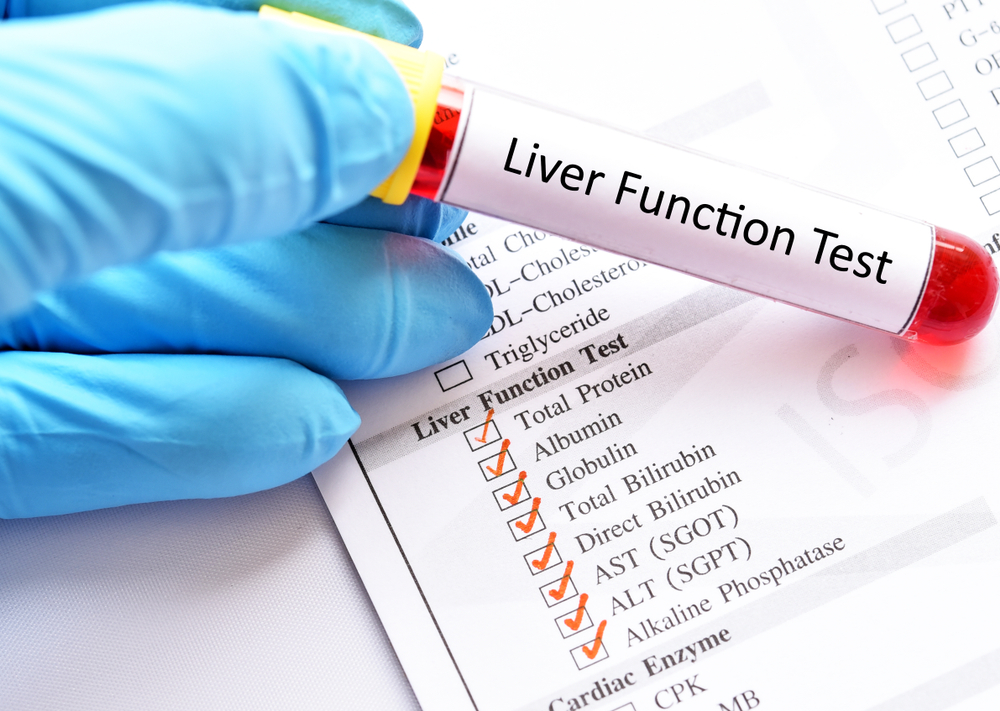Primary liver cancer has many causes. Many must be aware of it by doing some liver cancer prevention tips. However, what is the primary reason behind liver cancer? The answer is liver cirrhosis (scarring of the liver tissue). This is due to too much consumption of alcohol or being infected with the hepatitis B or C virus.
Infection with the hepatitis B or C virus accounts for up to 80% of all primary liver cancer cases. Being infected with either of the pathogens can affect you in the long-term and can lead to liver cirrhosis. Its mode of transmission is through physical contact with the blood or bodily fluids of a person who possesses the virus inside their bodies.
Getting infected with either of the viruses can be achieved through the following practices:
- a blood transfusion, if received before 1992
- sharing unsterilized needles
- unprotected sex
Primary liver cancer caused by viral hepatitis tends to progress slowly over 20 to 30 years, therefore early screening is advised to prevent its progression and prevent it from getting complicated.


